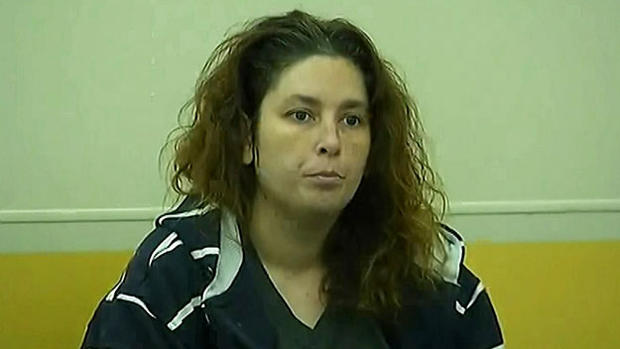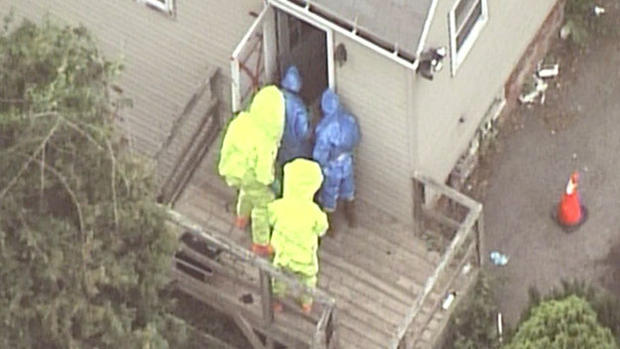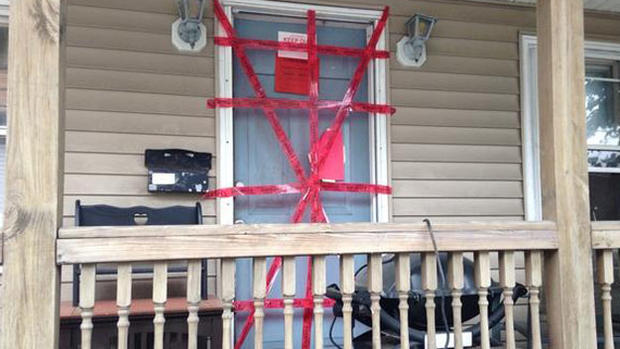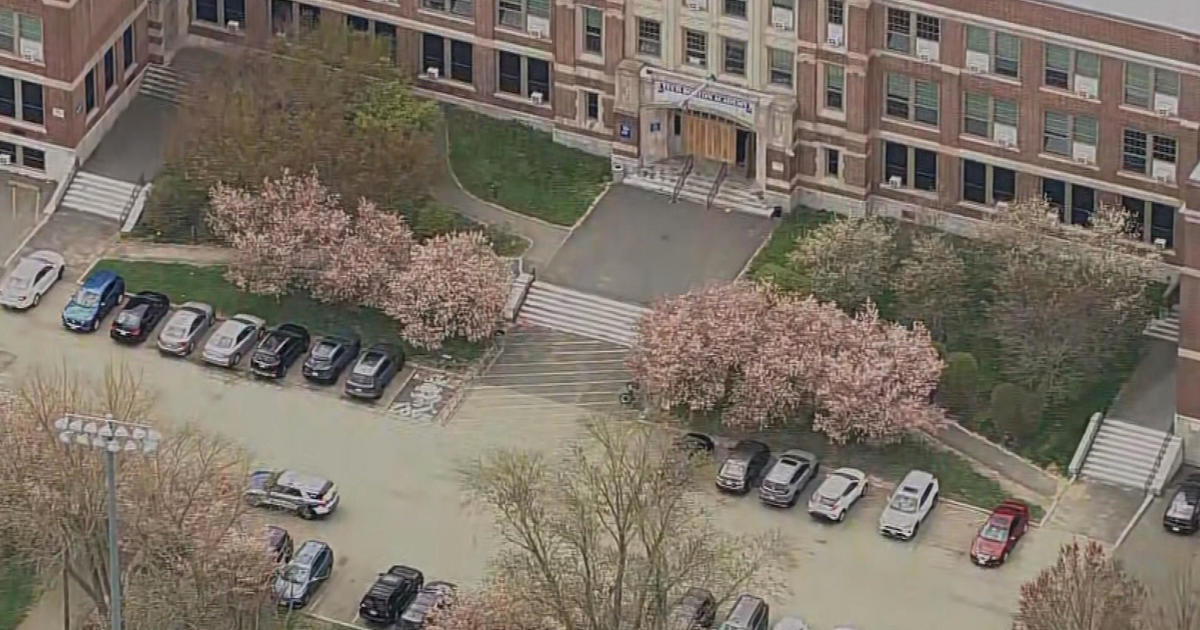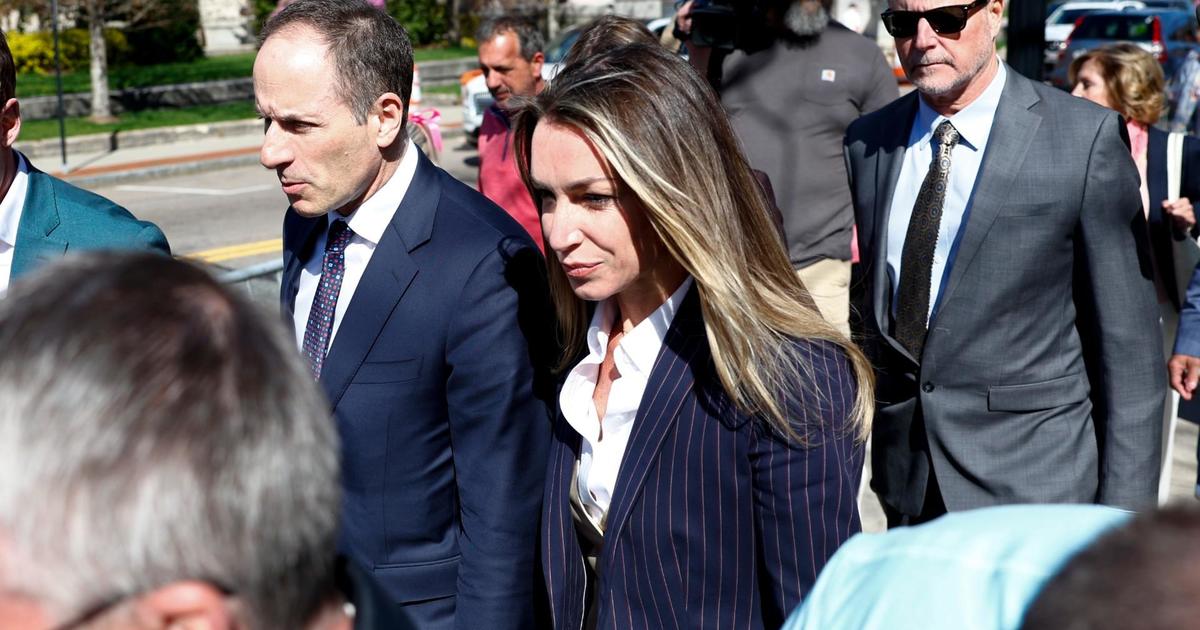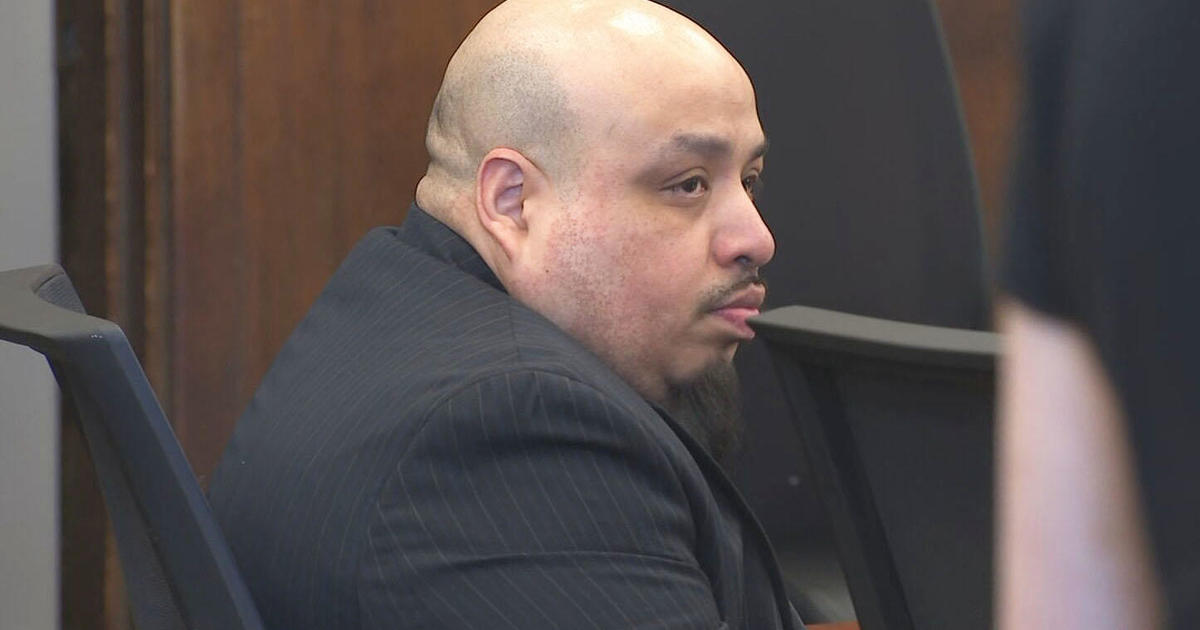Doctors Say Blackstone House Of Squalor Case Goes Beyond Hoarding
BOSTON (CBS) - The case against Erika Murray is so damning, her own defense attorney, Keith Halpern, openly asked this question after representing the 31-year-old at her court appearance Friday:
"How can you hear the allegations and not be shocked that something like this could happen?"
The living conditions inside Murray's Blackstone house, that allegedly included dirty diapers piled two feet high, go beyond what someone might describe as hoarding.
"That definitely is an indicator of greater severity," said Boston University Assistant Professor David Langer.
"Hoarding dirty diapers is a level of severity that's far greater than magazines, old letters, and schoolwork," explained Langer, who is also a researcher with BU's Center for Anxiety and Related Disorders.
He said it is important to note that the disorder of hoarding, if applicable in this case, would be completely unconnected to the discovery of the three dead infants police say they found in Murray's house.
"That's not something that we typically see with hoarding," Langer said. "That sounds like, I would imagine, there's a lot going on there and a lot of issues at play."
Murray's Facebook profile, meantime, paints a picture of a wonderful home life. Featured photos include the family cat, homemade bread, and kids' artwork on display. At one point this summer, Murray posted on her page, "Some people should not be parents!"
If some might find a comment like that to be unexpected from a woman whose closets allegedly contained the decomposing bodies of three of her own babies, Langer says it might suggest Murray was not aware there was a problem in her house.
He says some hoarders are simply aware of their situation, and others are not.
Cambridge psychiatrist Dr. Wayne Brunell, who has treated hoarders for years, sees a similar split: those who are ready to seek treatment and those who are not.
"A lot of people who hoard really don't want treatment," Dr. Brunell explained. "And so without treatment, the course of the hoarding just continues to progress."
"There are some people with really severe hoarding problems that will not accept help and don't want help," he said.
Neither man has any specific knowledge of the details of the Murray case, but both agree that if someone like her wanted to keep secret what was going on inside their home, they would make every attempt to do so.
MORE LOCAL NEWS FROM CBS BOSTON
